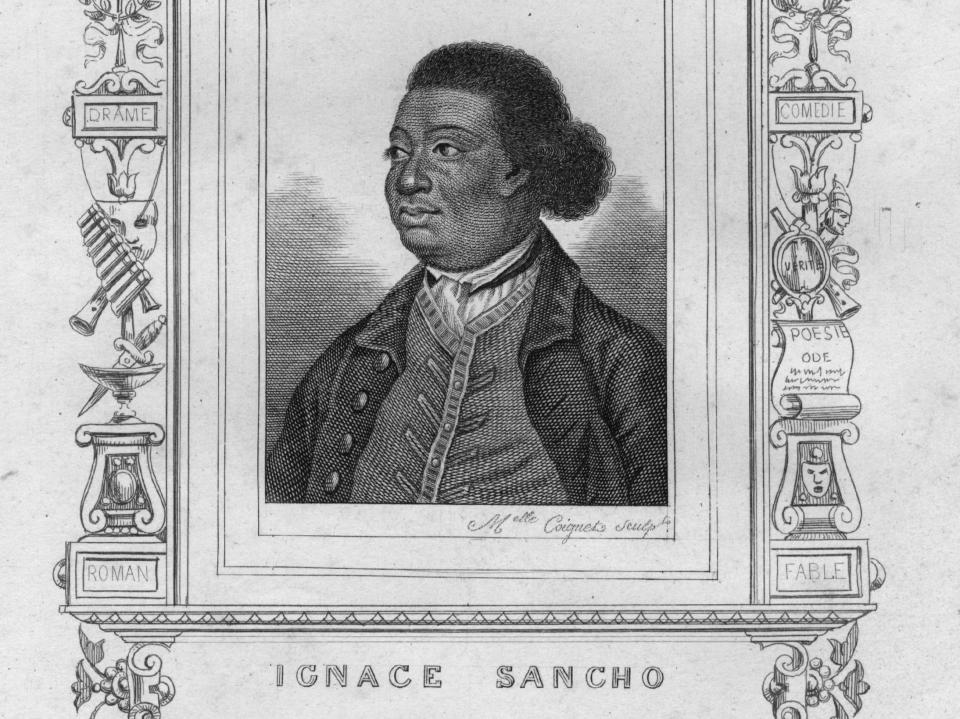Ignatius Sancho: Google Doodle commemorates life of British abolitionist for Black History Month

Google is celebrating the life of British author, musician and abolitionist Ignatius Sancho with a doodle in honour of Black History Month.
Born in Africa in 1729, Sancho grew up in slavery, spending the first five years of his life enslaved on the Caribbean island of Granada before being transported to England while he was still a toddler.
Serving as a slave for a family in Greenwich, London, he eventually managed to escape, gaining employment with another aristocratic family as a butler for more than 20 years.
Throughout this time with the second family, Sancho taught himself to read and write, using his employers’ large libraries to further his education.
With his strong writing ability, Sancho was a prominent political letter writer in 18th century England, in particular when it came to writing about the abolition of slavery.

In one letter written to clergyman Laurence Sterne in 1766, he wrote of abolition: “That subject, handled in your striking manner, would ease the yoke (perhaps) of many – but if only of one – Gracious God! – what a feast to a benevolent heart!”
His words were often published in newspapers, which for many readers was the first time they had read anything written by a black author.
A keen composer, Sancho also published four collections of music while running a food shop with his wife, with whom he had seven children, in Westminster.
In 1774, he became the first person of African descent known to have cast a vote in a British general election. At that time, the criteria of property ownership meant very few had suffrage in the UK.
Two years after his death in 1780 – he was the first person of African descent known to be given an obituary in the British press – his letters were compiled and titled as The Letters of the Late Ignatius Sancho, an African.
They were widely read and used for the abolitionist cause.
Read more
Nicole Beharie: ‘Miss Juneteenth is not about a western ideal of beauty’
Emily in Paris review: If you’ve been to France, steer clear
Maisie Peters: ‘As a woman in music, it’s assumed that my songs are always about me’

 Yahoo News
Yahoo News 